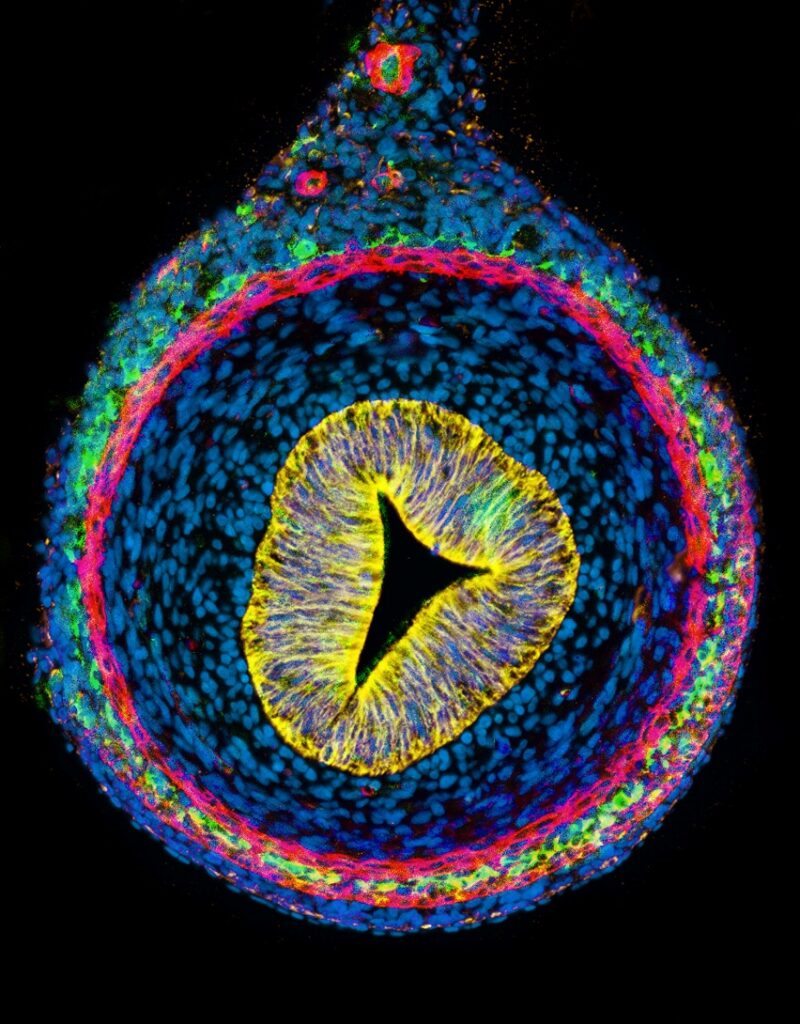
One of our primary areas of investigation is to develop neuronal stem cell transplantation as a novel treatment for neurointestinal diseases, including Hirschsprung disease. We have established methods to isolate neuronal stem cells from the intestine of animal models and from human patients and have developed techniques to culture and expand these cells in culture. We have also developed strategies for transplanting these stem cells into mice with Hirschsprung disease and other diseases caused by an absence or abnormality of the enteric nervous system. Over the past few years, we have generated a number of transgenic mouse models for these studies and have shown that the transplanted cells are able to survive, proliferate, and differentiate into functional neurons. Importantly, our transplanted cells form functional connections with other neurons and with the smooth muscle cells of the intestine. Most importantly, within a couple of weeks after transplanting the stem cells into the mouse colon, they are able to stimulate colonic contractions and improve intestinal motility.
We are currently working on optimizing the conditions for expanding the neuronal stem cells so that we can generate sufficient numbers of cells to treat larger areas of intestine. We are working on this by adding specific growth factors to our cultures, delivering neurotrophic proteins encoded in viral vectors, and packaging these neurogenic molecules in nanoparticles that we have shown can be transplanted together with the stem cells. Our goal is to apply what we learn in animal models to the design of human clinical trials that will test the safety and efficacy of stem cell transplantation in patients with Hirschsprung disease and other neurointestinal disorders.
